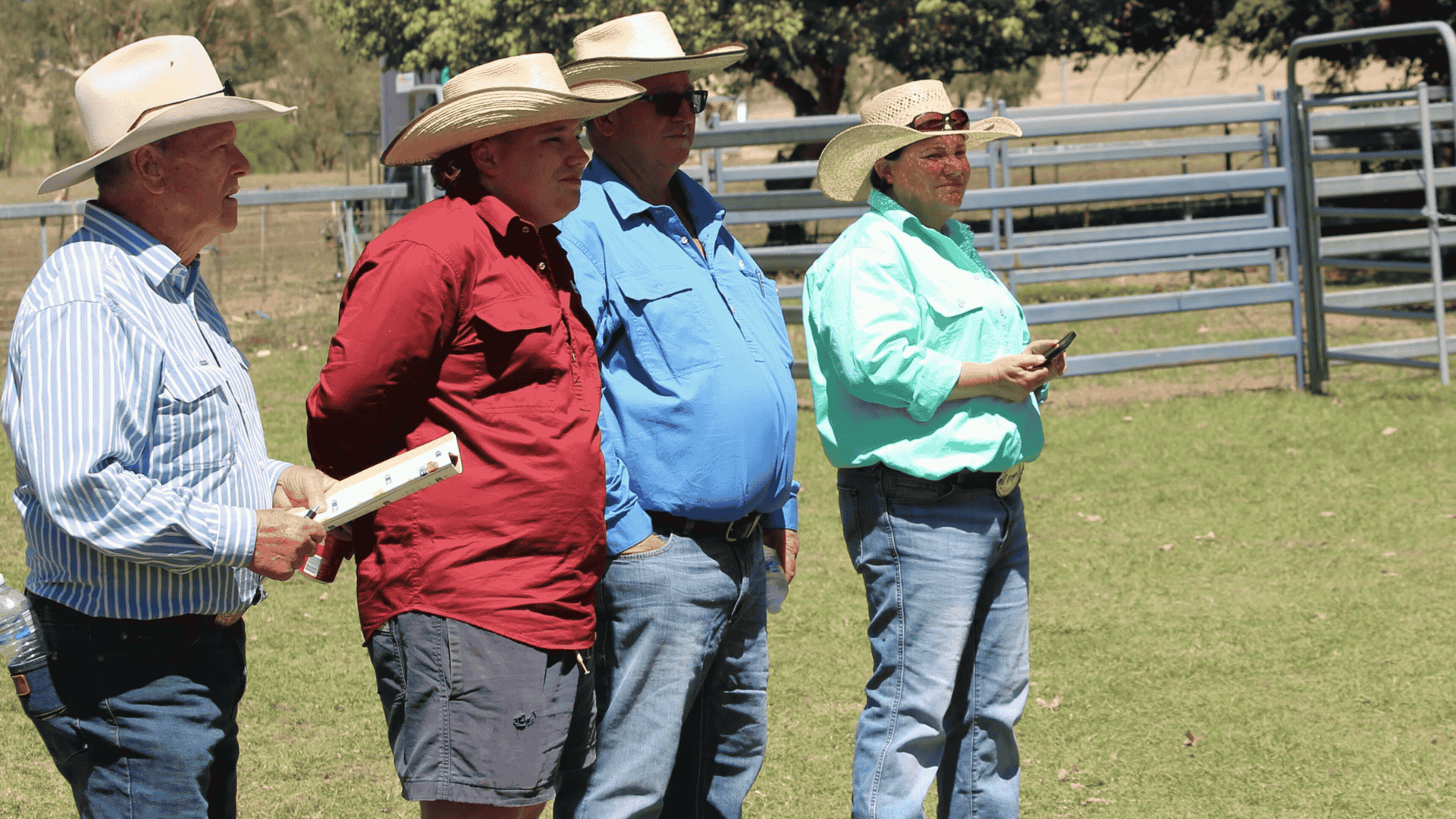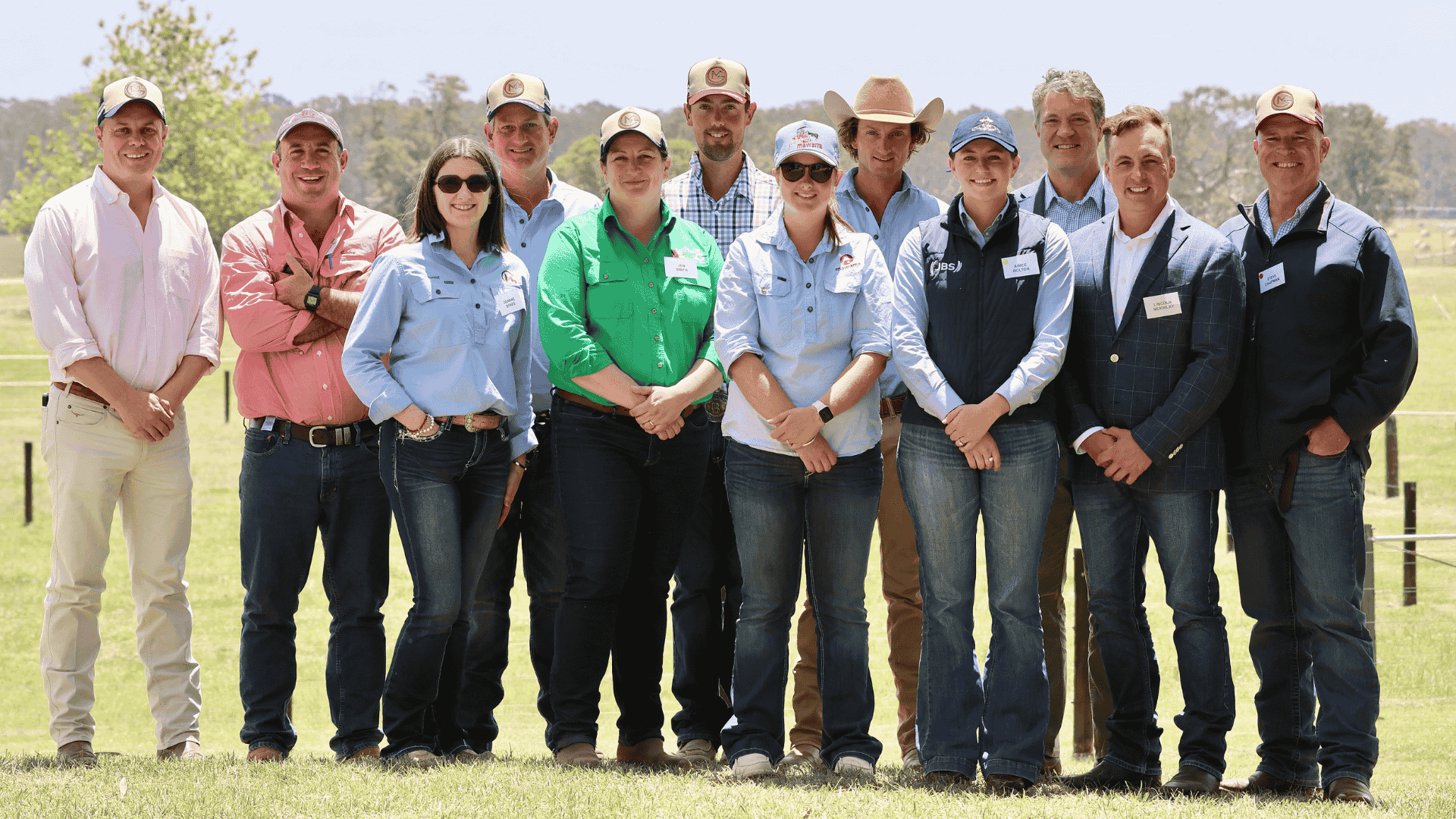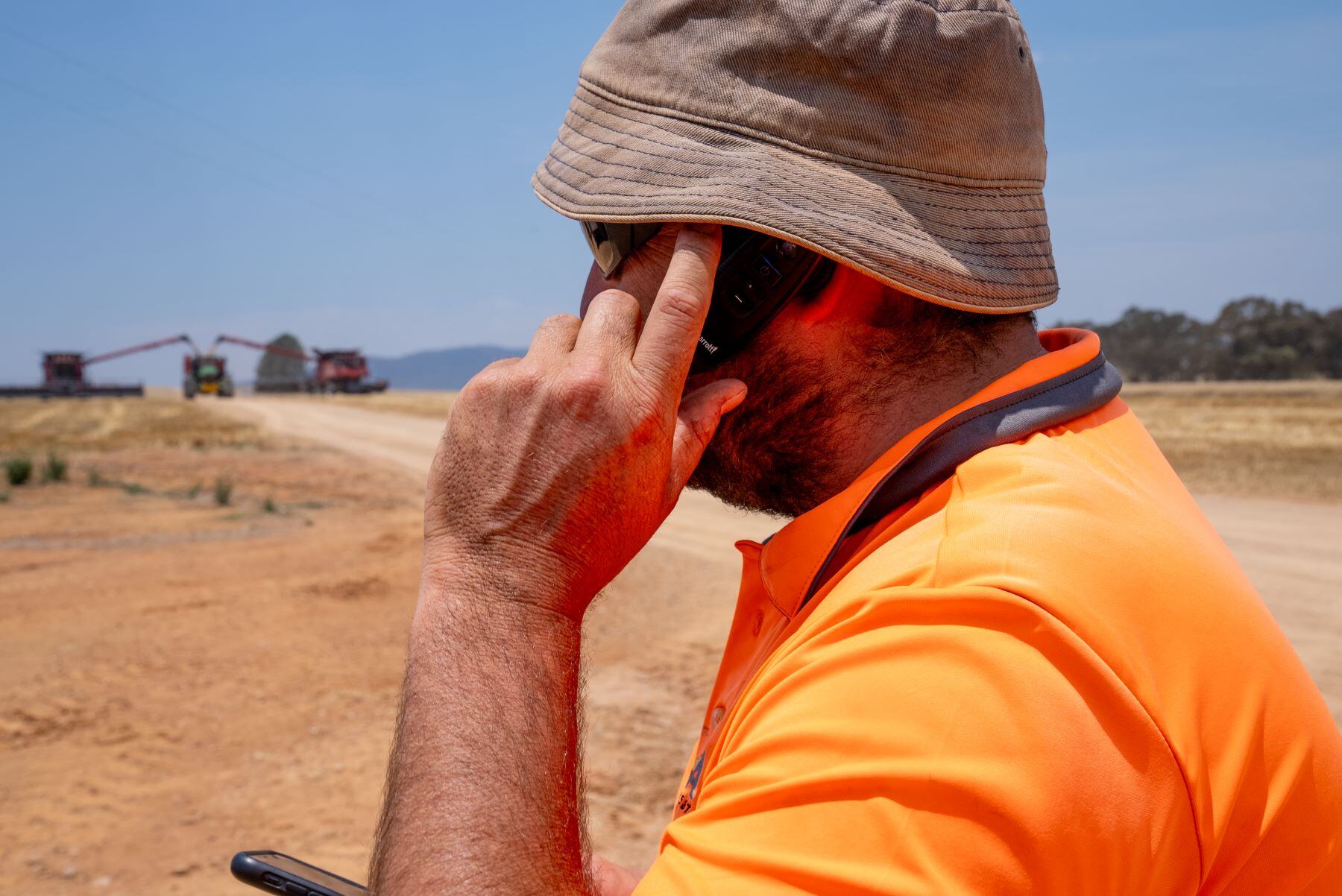New locations sought for Aussie beef due to China levy
Around 800 million burgers worth of Australian beef may need to be diverted into alternative markets, as China enforces import quotas limiting the...
Rural residents have revealed difficulties in reaching triple-zero in moments of crisis, as the federal government reviews regional telecommunications.
Early on Christmas morning, a woman tried in vain to call triple-zero as her husband suffered a medical episode.
She was connected to the ambulance service on the third try, but only after she left his side and went outside a family home on the southern tip of Western Australia.
"Having to leave your loved one to go outside the house to make an emergency call and/or ask for help or advice is a risk," the woman, who has not been identified, told the federal government's Regional Telecommunications Review.
The man died six days later on New Years Eve in 2023, though the delayed connection did not contribute to his death, the woman said in a written submission published on Friday.
But she said her story showed people in the Busselton region have a "dangerous" gap in connectivity.
"Please try and prevent the next incident where someone is unable to reach emergency assistance ... from within their own home," she said.
"The consequences could be deadly."
The national review, which occurs every three years to address the digital divide between the country and the cities, has received a record-breaking 3404 submissions.
That represents a 400% increase on the number of submissions during the 2021 review, according to the committee chair Alannah MacTiernan.
A man, whose submission was also anonymised, wrote to the review with a similar story about difficulty reaching triple-zero from inside his country home.
The message "not registered on the network" appeared on his phone when he tried to call emergency services from his kitchen in February 2023.
"Fortunately, I was able to walk to the front verandah to make the call, the result of which I spent the remainder of the week in hospital," the man wrote.
"A more serious emergency could have had a far worse result."
Many submissions - including from state farming bodies, health organisations and the Isolated Children's Parents Association - deal with fears about the loss of coverage when the 3G network is switched off.
Telstra and Optus are closing the ageing network from Monday and have guaranteed coverage equivalence on 4G and 5G, a commitment the federal government will monitor.
Social support service Anglicare said many of its regional clients do not have reliable internet access, which puts them at risk of being penalised or cut off when they miss notifications from Centrelink.
"Without genuine investment in improving telecommunications services, Australians on income support who live in regional and rural Australia will be punished simply because they happen to live in regional and rural Australia," the submission said.
Both the submissions and evidence from face-to-face consultation will be considered before the committee reports to Communications Minister Michelle Rowland.
"Previous reviews have helped shape important policy changes and we look forward to our report assisting the minster forge new paths for regional telecommunications policy in a time of rapid change and increased complexity," Ms MacTiernan said.
.png)
Around 800 million burgers worth of Australian beef may need to be diverted into alternative markets, as China enforces import quotas limiting the...

It was 3.30pm, the hottest part of January 9, when an out of control bushfire, powered by its own microclimate, came roaring out of the state forest...

At Mawarra Genetics, Peter and Deanne Sykes are focused on stepping back from short-term noise and focusing on what actually drives long-term,...
